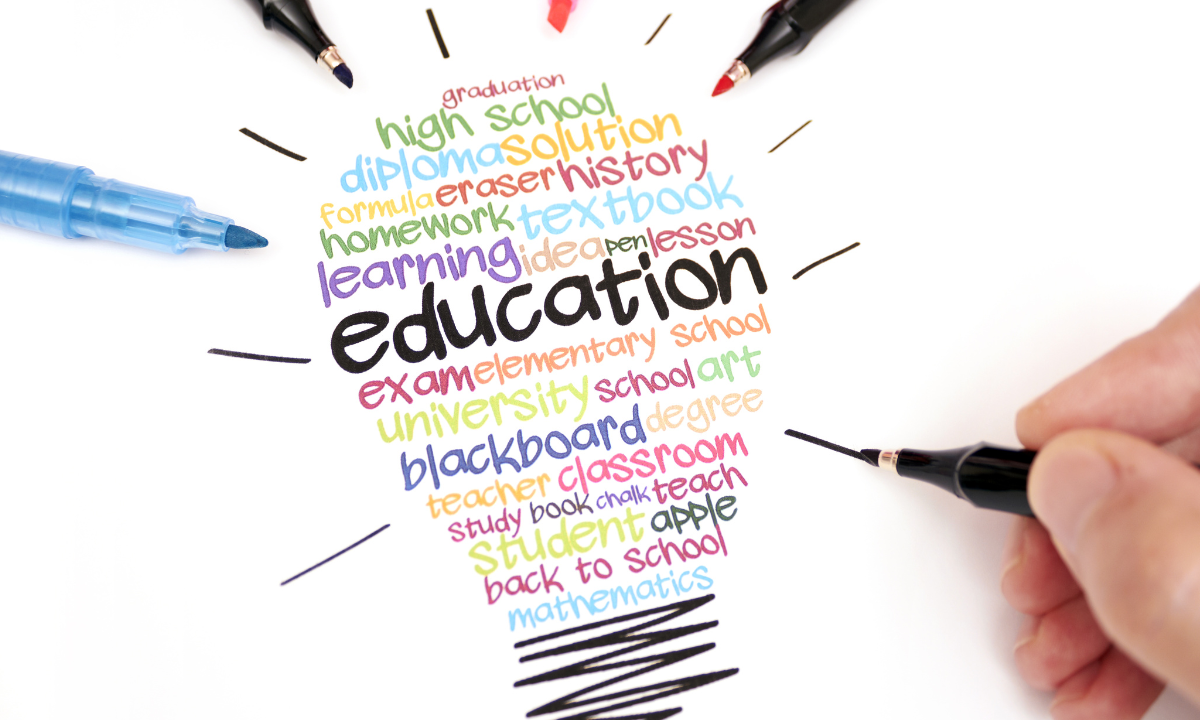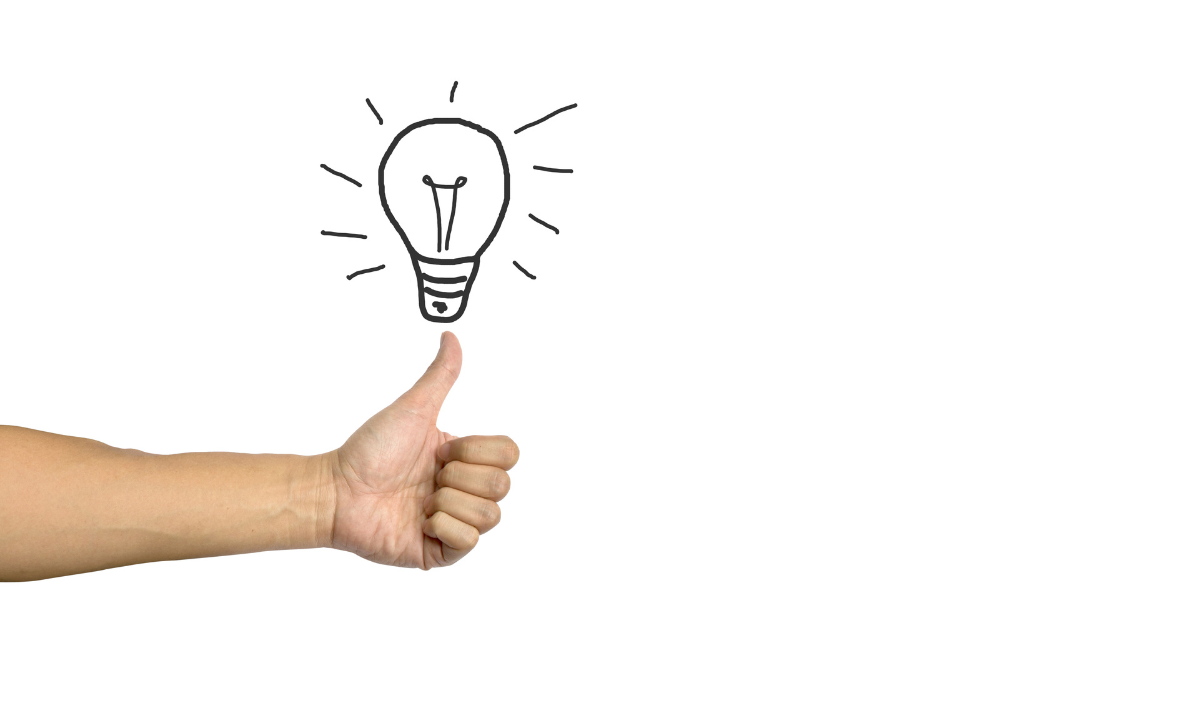Written by Michael Huling
It’s finally primary election day here in California and in 13 other states! While most of the attention has been on the Democratic presidential primary race, there are a variety of other things on the ballot. Everything from congressional races and school board elections to local ballot measures and a statewide proposition is on the ballot for Californians. Despite the disproportionate coverage of the presidential primary, all of these races and initiatives matter. With that being the case, the title of this article may seem a bit confusing, so allow me to explain.
Participating in our democracy (or representative republic, if you want to be technical) is certainly a privilege and responsibility, but people often forget that voting isn’t the only mechanism for involvement. Former Congressman Barney Frank famously said that “government is simply the name we give to the things we choose to do together.” I have many issues with this sentiment, first and foremost that it suggests every aspect of social life can somehow be reduced to politics. In fact, the most important things that we do together are strictly apolitical.
Everything from attending church and volunteering in charity to playing sports and meeting up for drinks has nothing meaningful to do with politics and government. That’s why these things are so fundamental to maintaining a cohesive pluralistic society. If every activity we engaged in socially was political in nature, then it would be nearly impossible for people of differing political perspectives to be friends and care for one another. The more areas of life that politics creeps into, the less space we have for the things that matter more in life: family, friends, faith, community, vocation, and so on.
So what does all of this have to do with voting as a civic duty? The point I’m getting at is that there are duties and responsibilities you have in life that far exceed politics in terms of importance. Some say that “your vote is your voice” and that’s true, I suppose. The problem is that your voice is also your voice, and an uninformed voice is no better at the ballot box than it is in any other area of public life.
A 2017 poll from the Annenberg Public Policy Center of the University of Pennsylvania found that 37 percent of Americans couldn’t name a single First Amendment right. To make matters worse, more people couldn’t identify a single branch of government (33 percent) than could name all three (26 percent). I can’t emphasize enough how much this makes me want to leap off a bridge. It’s a harrowing reflection of our education system and cultural failure to stress the importance of civics in American life.
When it comes to politics, my belief is that you’re more obligated to understand and contribute to your community than you are to vote. Now, voting can certainly be a tool to address the issues plaguing your city, state, and country, but it’s not the only tool available. This election cycle, you’ll surely hear people telling you how important it is to vote—and more importantly, to Vote for Change™! I don’t dispute the importance of voting—and for what it’s worth, the value of change is contingent on the status quo and the available alternatives—but blindly voting for the sake of it is counterproductive. If you don’t know anything about the candidates or initiatives on the ballot, I don’t think you should vote. If you haven’t paid attention to what’s going on in your community, then you’ve already failed to fulfill your civic duty. Showing up to vote blindly doesn’t rectify that failure, it reinforces it.
None of this is to suggest that I’m anti-voting or opposed to democracy. On the contrary, I’m deeply invested in the power of democratic norms and institutions as a means of structuring political life to prevent tyranny and promote sovereignty. My concern is that voting for voting’s sake weakens conviction in our democratic traditions. In many ways, we’re already facing a crisis regarding trust in our mediating institutions. I have a hard time believing that this is improved by reckless and uninformed voting.
American society—and the West as a whole—puts a great deal of emphasis on civic engagement and the importance of voting, and for good reason! I have voted in every election I’ve been able to since turning 18, and take great pride in researching the various candidates, measures, and propositions before voting on them. Obviously I don’t expect everyone to be as meticulous about their ballot as I am, but a basic level of knowledge may satisfy your obligation to your community and allow you to vote confidently.




